huntington's disease vs parkinson's
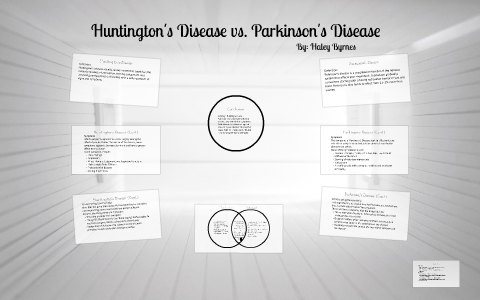 Huntington's Disease vs. Parkinson's Disease by Haley Byrnes
Huntington's Disease vs. Parkinson's Disease by Haley Byrnes12Alzheimer's, Parkinson's and Huntington share a common crucial feature Finding suggests that treatment for a disease could work for the other study at the University of Loyola Chicago has found that abnormal proteins found in Alzheimer's disease, Parkinson's disease, and Huntington's disease share a similar ability to cause damage when they invade brain cells. The finding could potentially explain the mechanism by which Alzheimer's, Parkinson, Huntington and other neurodegenerative diseases spread within the brain and alter normal brain functions. The finding also suggests that effective treatment for neurodegenerative disease could also work for other neurodegenerative diseases. The study of senior author Edward Campbell, PhD, first author William Flavin, PhD and colleagues is published in the journal Acta Neuropathologica. "A possible therapy would involve increasing the capacity of a brain cell to degrade a group of damaged proteins and gallbladders," Campbell said. "If we could do this in a disease, it is a good bet that therapy would be effective in the other two diseases. " Neurodegenerative diseases are caused by the death of neurons and other brain cells, with different diseases affecting different regions of the brain. Alzheimer's destroys memory, while Parkinson and Huntington affect movement. The three diseases are progressive, debilitating and incurable. The previous research has suggested that in the three diseases, the proteins that are abnormally folded form the lumps within the brain cells. These groups spread from cell to cell, with the time they caused cell deaths. Different proteins are involved in each disease: tau in Alzheimer's, alpha-synuclein in Parkinson's and huntin in Huntington's disease. The Loyola study focused on how these lumps of proteins invade a healthy brain cell. The authors noted that once the proteins enter into the cell, they enter into vesicles (small compartments that fit into the membranes). Proteins damage or break the vesicles membranes, allowing proteins to invade cytoplasm and cause additional dysfunction. (cytoplasm is the part of the cell that is outside the nucleus). The Loyola study also showed how a cell responds when protein groupings invade vesicles: The cell gathers the broken gallbladders and protein groupings together so that the gallbladders and proteins can be destroyed. However, proteins are resistant to degradation. "The cell's attempt to degrade proteins is something like a stomach trying to digest a nail package," Campbell said. Flavin said the finding that protein pumps associated with the three diseases cause the same type of bladder damage was unexpected. Loyola researchers initially focused on alpha-synuclein proteins associated with Parkinson's disease. So they asked the collaborator Ronald Melki, PhD, to send them samples of different types of alpha-synuclein. (To do the experiment blindly and impartially, Loyola researchers did not know what types of alpha-synuclein were which). Melki, a protein researcher at the Paris-Saclay Institute of Neuroscience, is known for its ability to generate different types of alpha-synuclein. Without telling Loyola researchers, Melki also sent other types of proteins. This led to surprise finding that tau and Hunttin proteins can also damage the gallbladders. Campbell stressed that the findings of the study should be followed and confirmed in future studies. Loyola's study is entitled: "Endoutic vesicle breakup is a preserved cellular invasion mechanism by amyloid proteins." He was supported by grants from the Michael J. Fox Foundation, Parkinson's Disease Foundation, Illinois chapter of the ARCS Foundation, Arthur J. Schmitt Foundation and other sources. Campbell is an associate professor at the Department of Microbiology and Immunology at Loyola University, Chicago Stritch School of Medicine. Flavin is a student at the University of Chicago MD/PhD Loyola. Other co-authors are Zachary Green, Stratos Skarpathiotis, and Michael Chaney from Loyola University Chicago; Luc Bousset and Ronald Melki from Paris-Saclay Institute of Neuroscience; and Yaping Chu and Jeffrey Kordower from the Rush University Medical Center. Source of history:Materials provided by . Note: Content can be edited for style and length. Journal Reference: Cite This page: Get the latest scientific news with ScienceDaily's free email newsletters, updated daily and weekly. Or see the news updated per hour in your RSS reader: Stay up to date with ScienceDaily's latest news through social media: Tell us what ScienceDaily thinks -- we welcome both positive and negative feedback. Do you have a problem with the site? Questions?
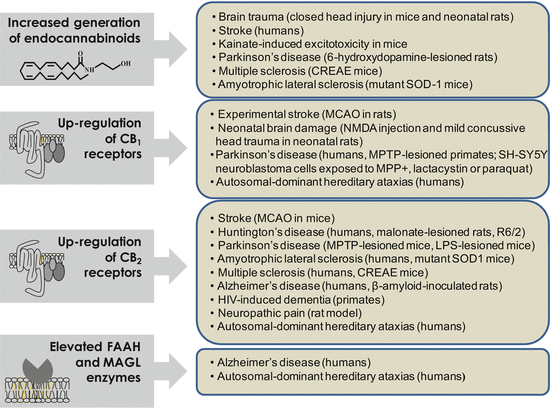
Endocannabinoids and Neurodegenerative Disorders: Parkinson's Disease, Huntington's Chorea, Alzheimer's Disease, and Others | SpringerLink

Regulatory-accepted drug development tools are needed to accelerate innovative CNS disease treatments - ScienceDirect

How are Parkinson's disease and Huntington's disease different? – sciensphere

Brain regions affected by Alzheimer's, Huntington's, and Parkinson's... | Download Scientific Diagram
Inflammation and Biomarkers in Alzheimer's Disease, Parkinson's Disease, and Huntington's Disease
Huntington's Disease - Leah Voytovich - SYNAPSE

Image result for huntington's and parkinson's | Parkinsons disease, Huntington disease, Premotor cortex

Neurodegenerative Disorder II - Parkinson's and Huntington's - YouTube

Control of Motor Function by Adenosine A2A Receptors in Parkinson's and Huntington's Disease - ScienceDirect
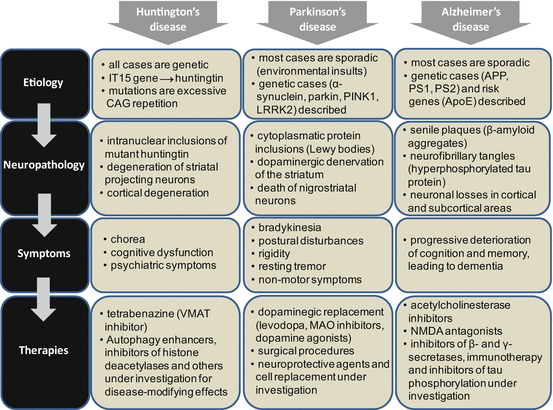
Endocannabinoids and Neurodegenerative Disorders: Parkinson's Disease, Huntington's Chorea, Alzheimer's Disease, and Others | SpringerLink
Huntington's Disease (HD) symptoms include that of Alzheimer's, Parkinson's and ALS

Treatment of neurodegenerative disorders through the blood–brain barrier using nanocarriers - Nanoscale (RSC Publishing)

List of major and significant epigenetic changes associated with... | Download Scientific Diagram

Insight Into the Emerging Role of Striatal Neurotransmitters in the Pathophysiology of Parkinson's Disease and Huntington's Disease: A Review | Bentham Science
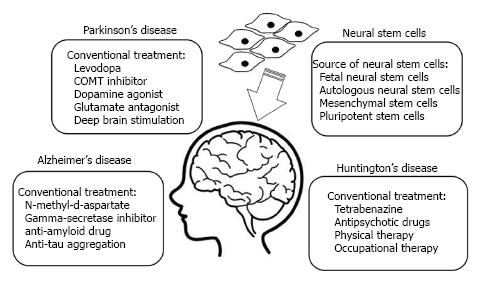
Neural stem cells could serve as a therapeutic material for age-related neurodegenerative diseases
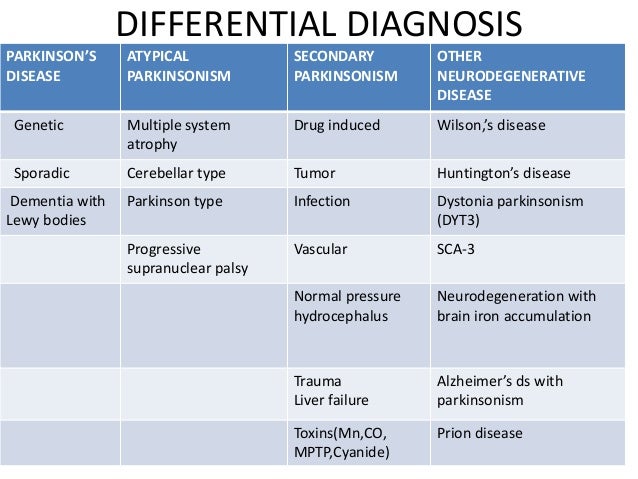
Parkinson's disease

Pin on Parkinson's Symptoms

List of major and significant epigenetic changes associated with... | Download Scientific Diagram
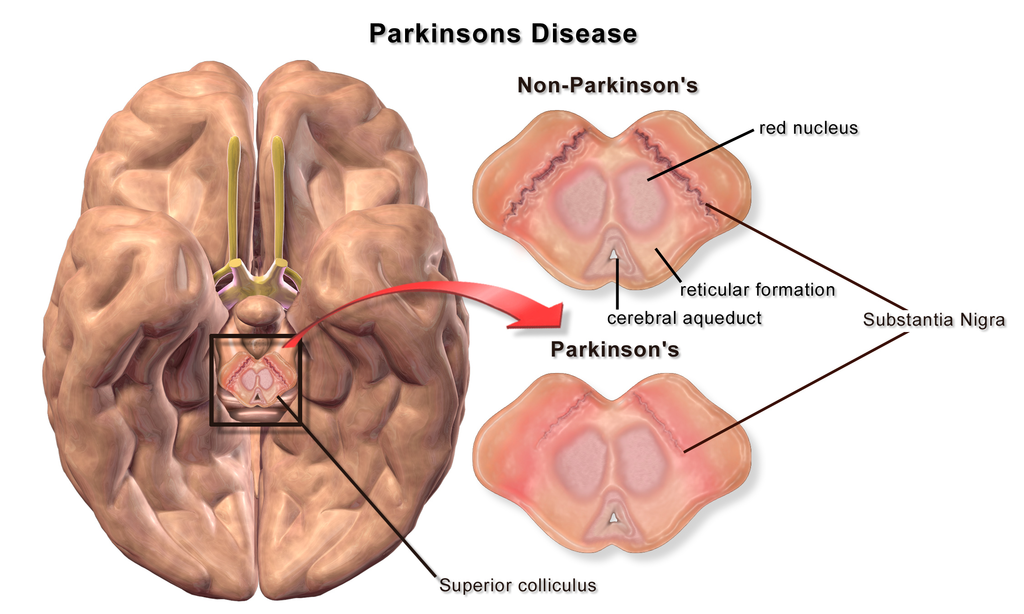
Difference Between Parkinson's and Huntington's Disease | Compare the Difference Between Similar Terms
Disease Society of America (HDSA) currently lists impairments
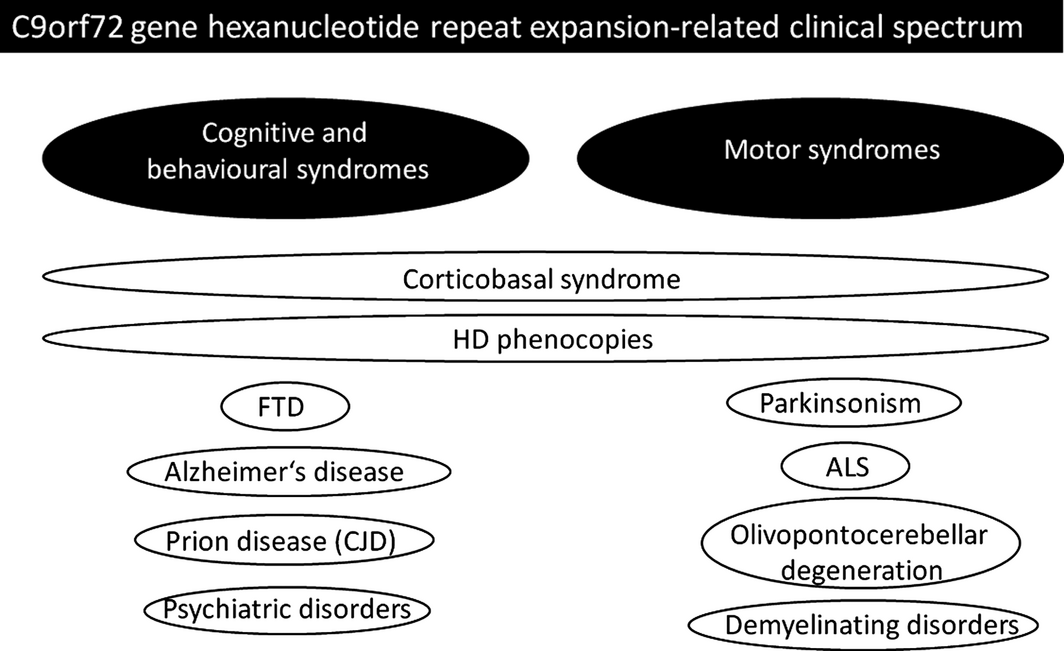
Huntington's Disease, Huntington's Disease Look-Alikes, and Benign Hereditary Chorea: What's New?
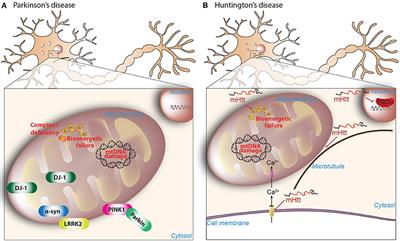
Frontiers | Mitochondrial Quality Control in Neurodegenerative Diseases: Focus on Parkinson's Disease and Huntington's Disease | Neuroscience

Difference Between Alzheimer's Parkinson's And Huntington's - What Is The Difference Between Huntington's Disease And Parkinson's Disease
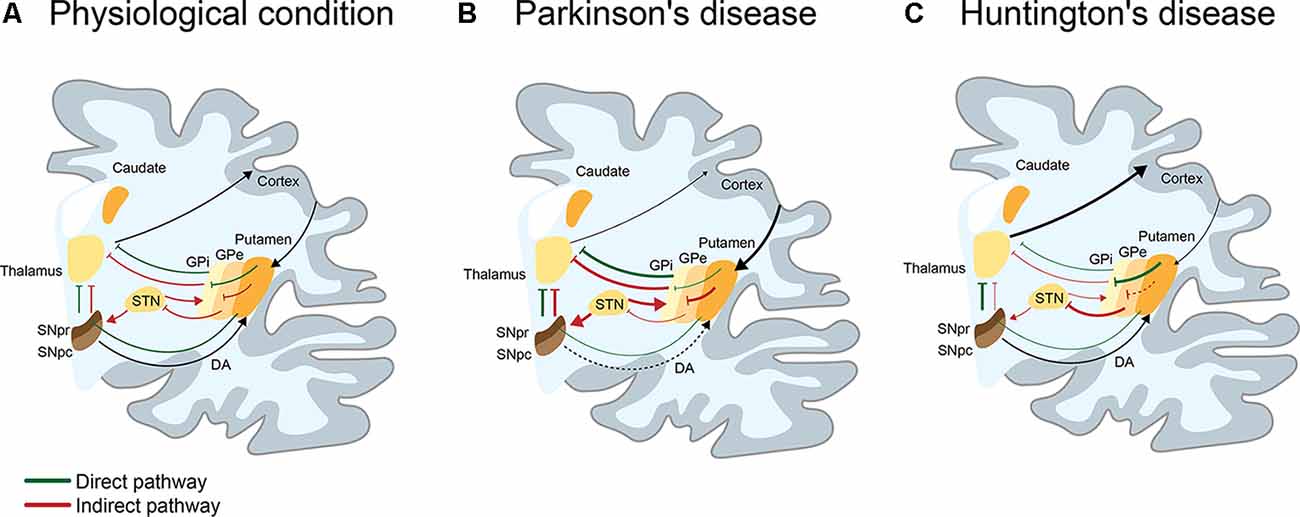
Frontiers | On the Right Track to Treat Movement Disorders: Promising Therapeutic Approaches for Parkinson's and Huntington's Disease | Frontiers in Aging Neuroscience
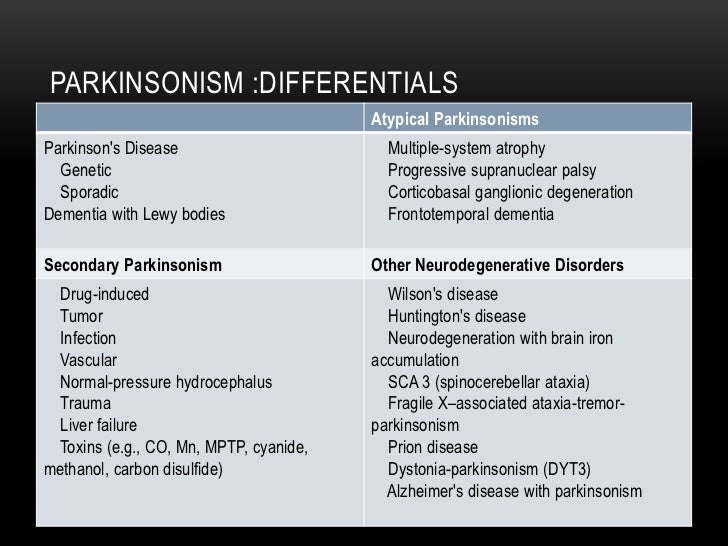
Basal ganglia parkinson's disease
Difference Between Parkinsonism and Parkinson's Disease | Clinical Features, Cause, Method of Treatment
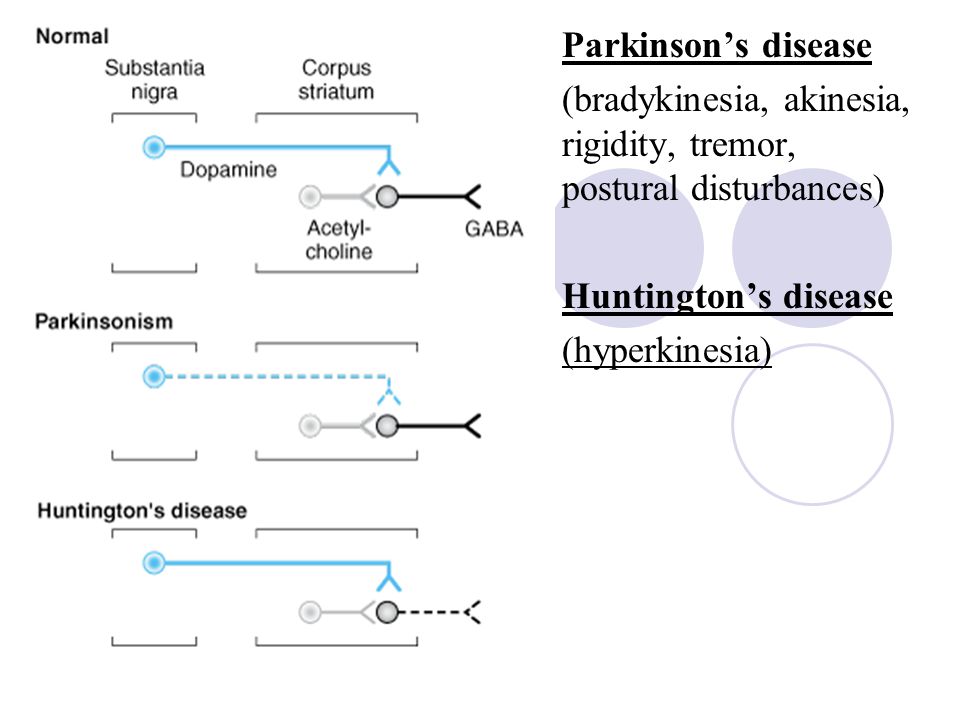
Parkinson disease. - ppt video online download
Huntington's Disease - Neuroanatomy Flashcards | Draw it to Know it
A "trembling" Parkinson's Disease-CUSABIO
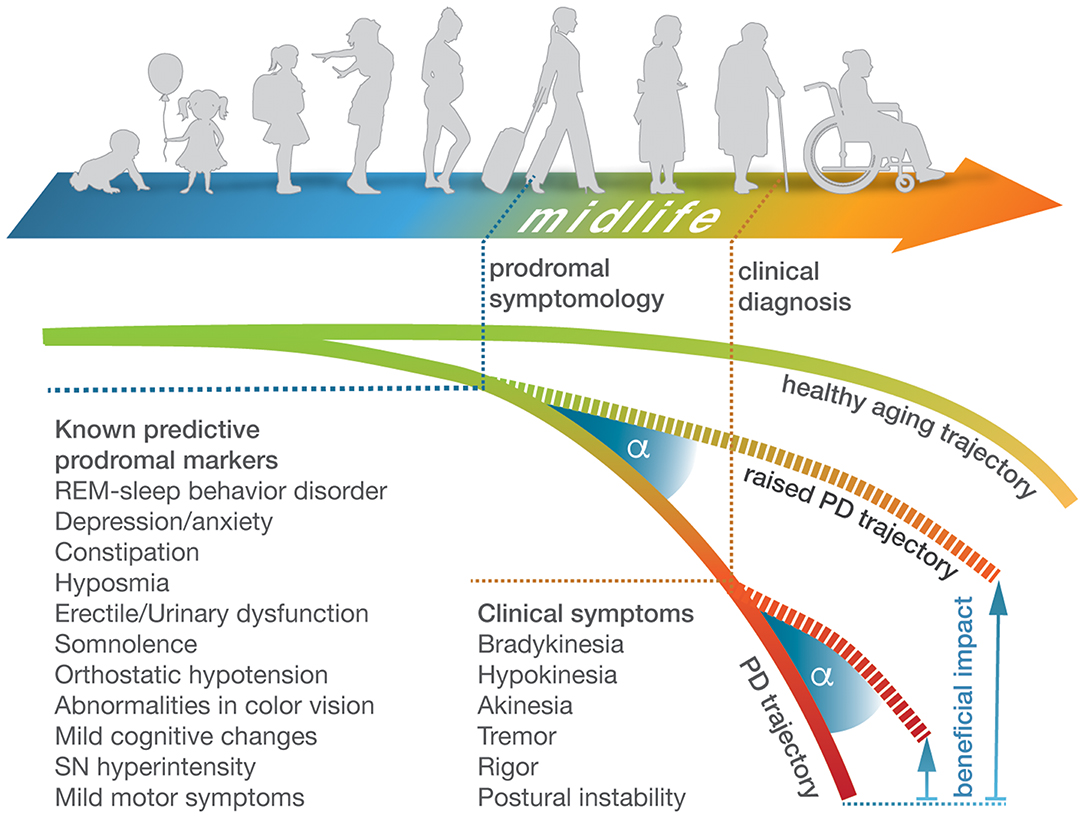
Frontiers | The Challenge and Opportunity to Diagnose Parkinson's Disease in Midlife | Neurology

From Parkinsons to Huntingtons

Pin on Diseases & Disorders - Infographics

Neurodegenerative diseases- Parkinson's, Alzheimer's and Huntington | cure | TRIM16 - YouTube

Neurodegenerative disorders: Parkinson's disease and Huntington's disease | Journal of Neurology, Neurosurgery & Psychiatry

The potential of alternate sources of cells for neural grafting in Parkinson's and Huntington's disease | Neurodegenerative Disease Management
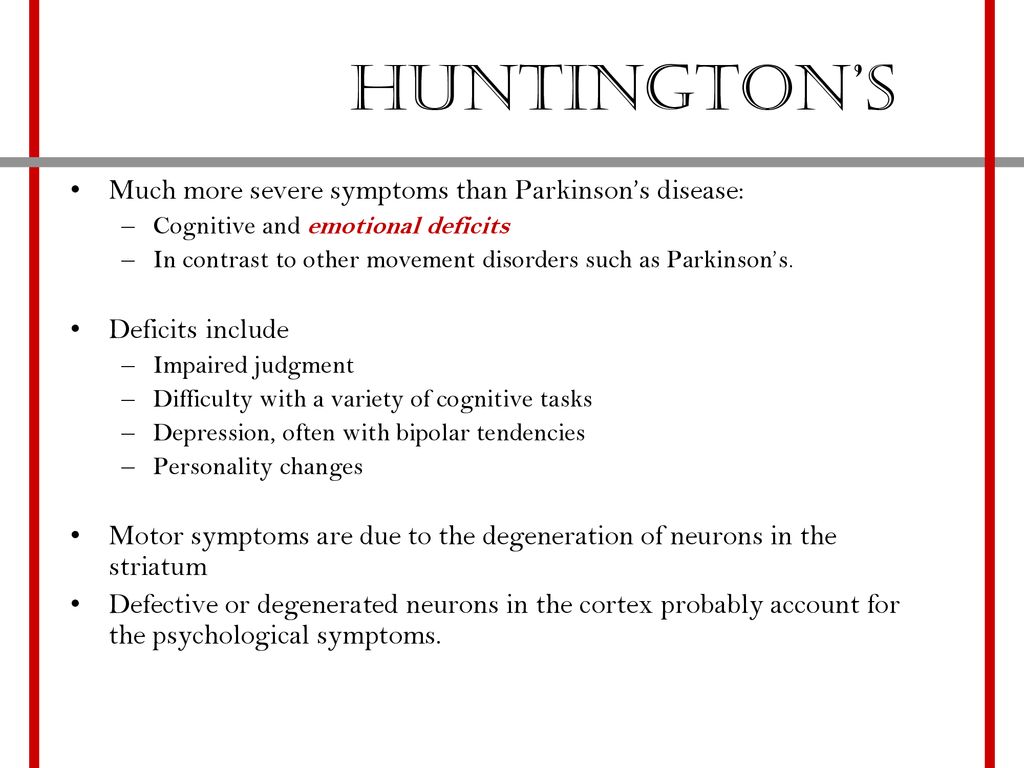
The Body Senses and Movement Movement disorders Learning disorders - ppt download
:max_bytes(150000):strip_icc()/dystonia-vs-dyskinesia-2612238-d21c4730a3494c9490b76e699bdcfbad.gif)
Dystonia vs. Dyskinesia in Parkinson's Disease

Professor Josh Goldberg

Huntington's Disease | Henry Ford Health System - Detroit, MI

Gut microbiome changes linked to progress of Huntington's disease
Posting Komentar untuk "huntington's disease vs parkinson's"